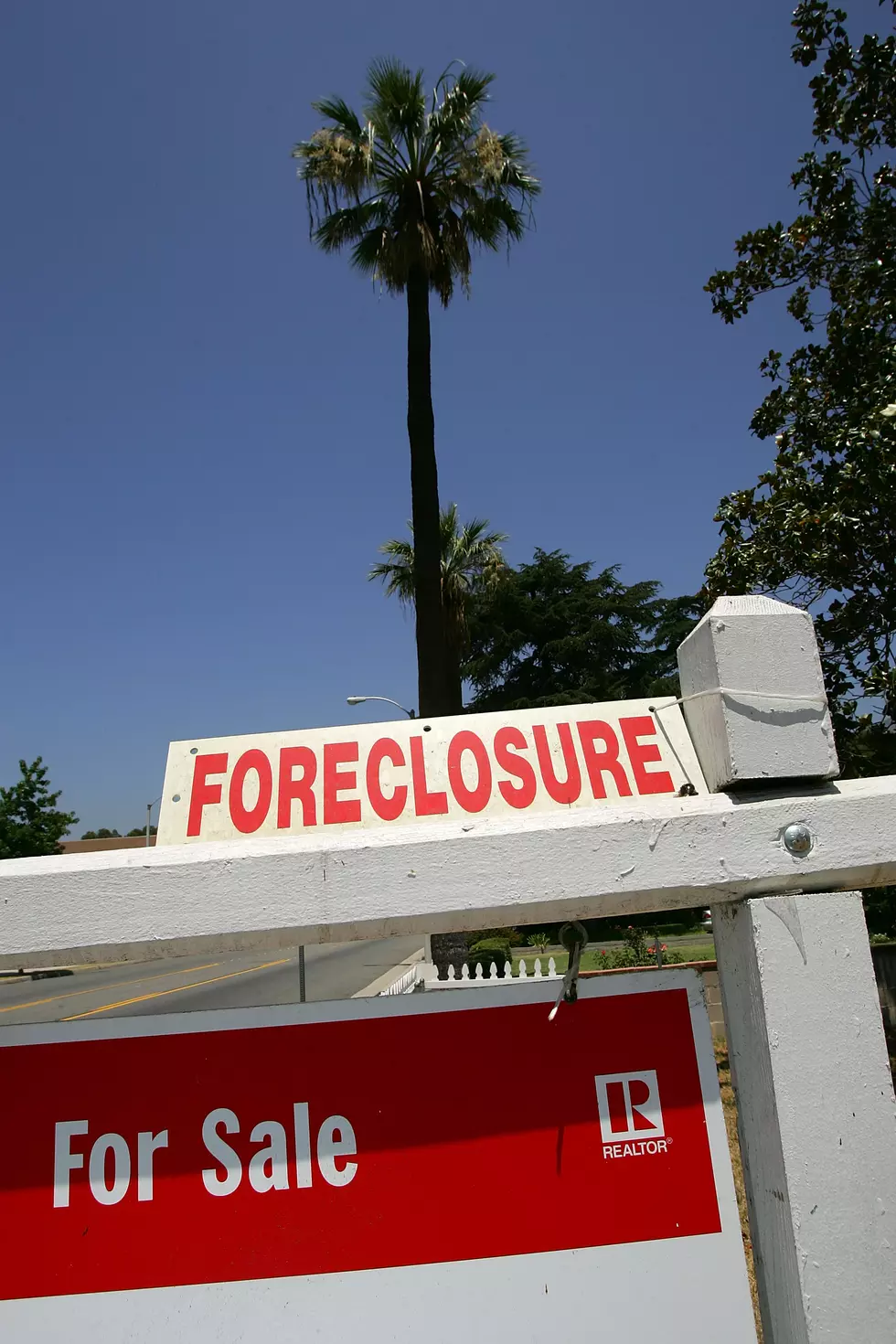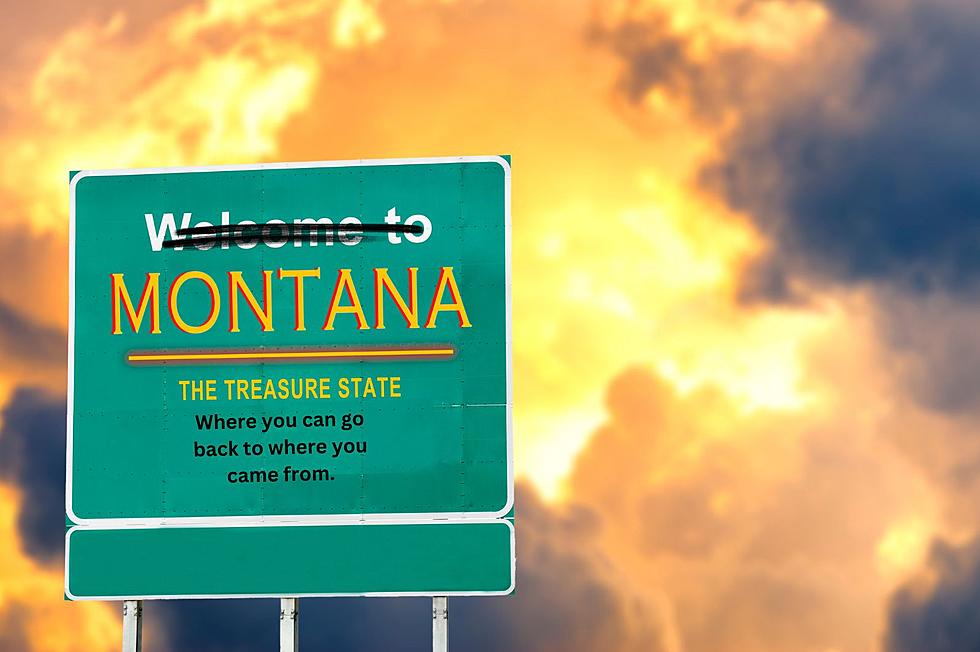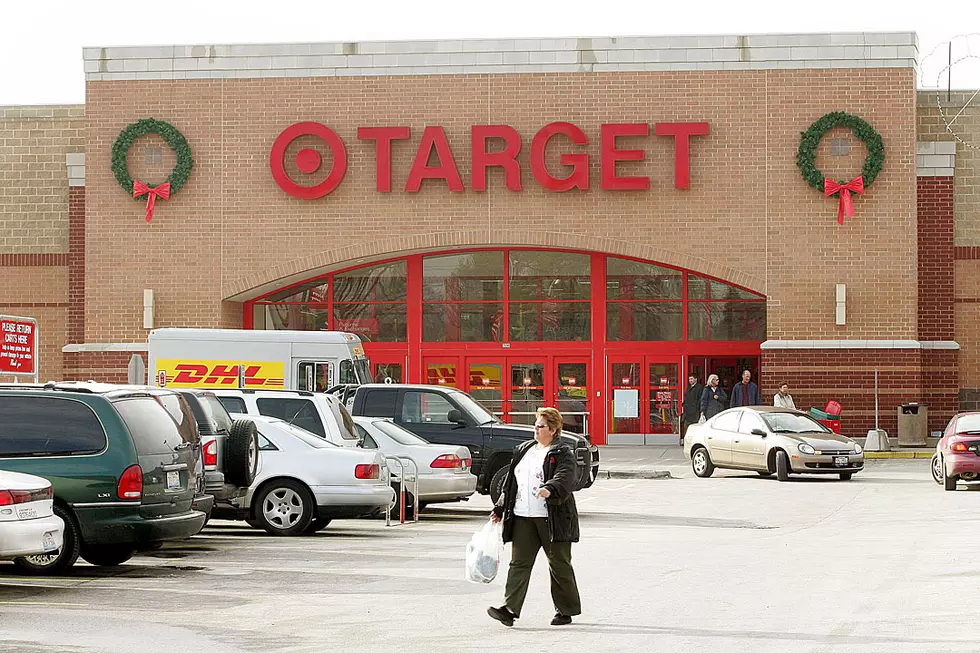
What Exactly Is “The American Dream?”
The American Dream. We’ve all heard of it growing up. People travel across the world to realize it. Often experiencing great hardship. But what is it? We are told that America is the land of opportunity — The land where dreams are made. But is that really true? Or, has it ever been?
Those Who Have Made Is Say Yes
Thomas Corley, author of "Rich Habits: The Daily Success Habits Of Wealthy Individuals" has done a study of 233 wealthy, and 128 poor people, over the past five years. One of the statements explored in his study was, “The American Dream Is No Longer Possible.” Only 2 percent of the rich agreed while 87percent of the poor agreed.
His study also found that wealth is a big part of the American Dream according to 94 percent of respondents. Corley’s definition is, “The American Dream is the idea of unlimited potential, that you can make it on your own.”
Those Who Have Not Made It Say No
Here is where the water gets a little murky. In my opinion, those 87 percent who believe the American Dream is no longer possible have simply not defined it in their own terms. Winning the Lottery is not the ideal retirement plan. Trust me I’ve tried it.
While wealth is a measure of the American Dream for many, I’m not sure it’s the total measure. How big a part does happiness play in this equation?
One undeniable truth I’ve learned in my life is this, “Money doesn’t make your life better, it just makes your life easier.” If you are healthy and happy are you not living the American Dream?
Lot’s of money can buy lots of material things but once that’s done then what? The pursuit of wealth at the expense of those you care about is hardly a worthy pursuit unless those you care about are on board with the sacrifice to reach the end result.
Doctor’s offices are filled with those suffering from the stress of work, high blood pressure, diabetes and a host of other wealth pursuing aliments.
I believe, that for most people, living a happy life goes a long way to defining the American Dream.
Some Final Thoughts
Are you living the American Dream? If not — why not? Small changes in habits and lifestyle choices have changed people’s lives for the better. Making a conscious effort to save a little of each paycheck can have a profound effect over time.
You didn’t gain 20 pounds overnight and you won’t lose 20 pounds overnight either but small changes will make that happen.
What changes are you prepared to make and when?
More From KMMS-KPRK 1450 AM









